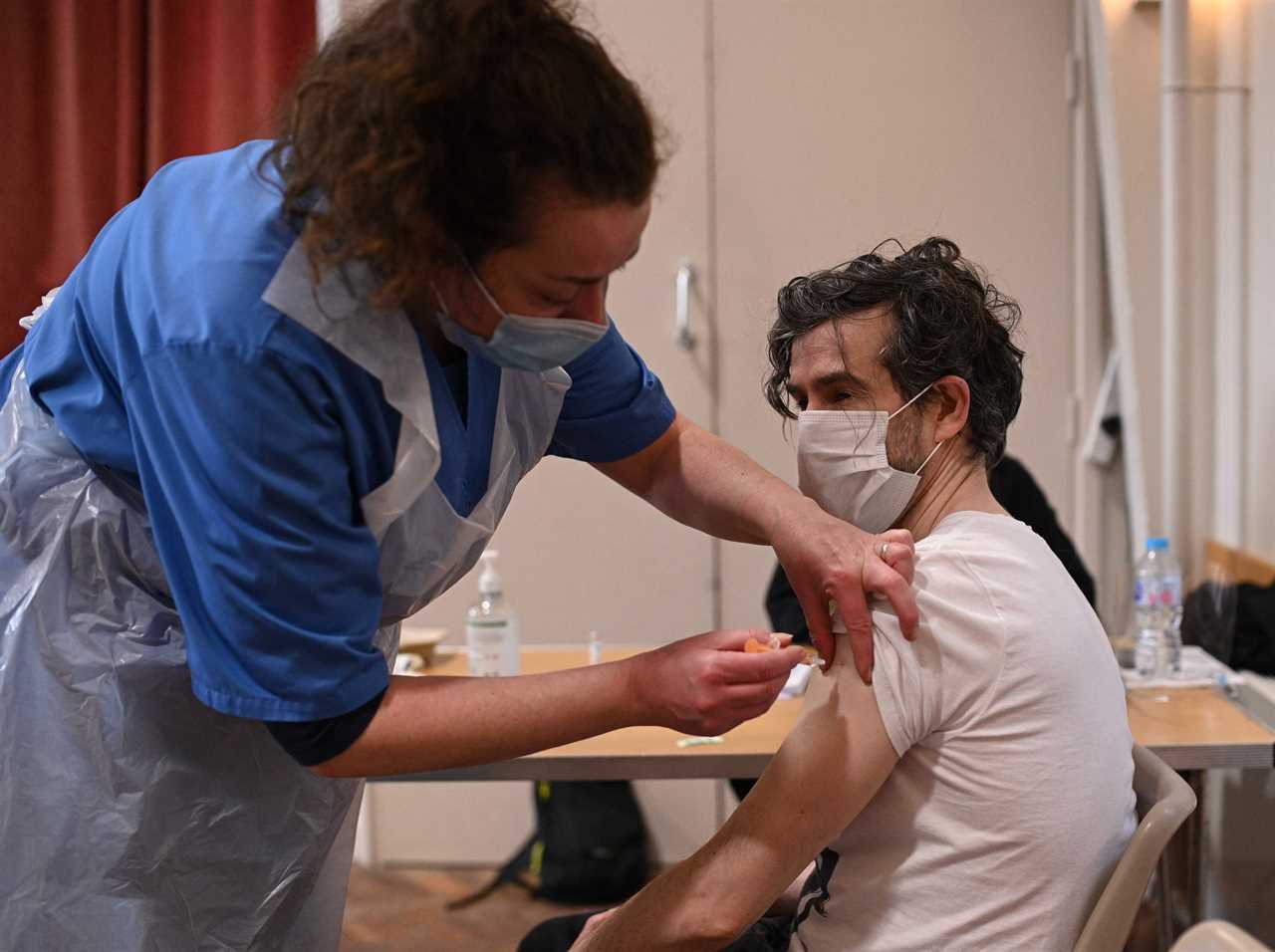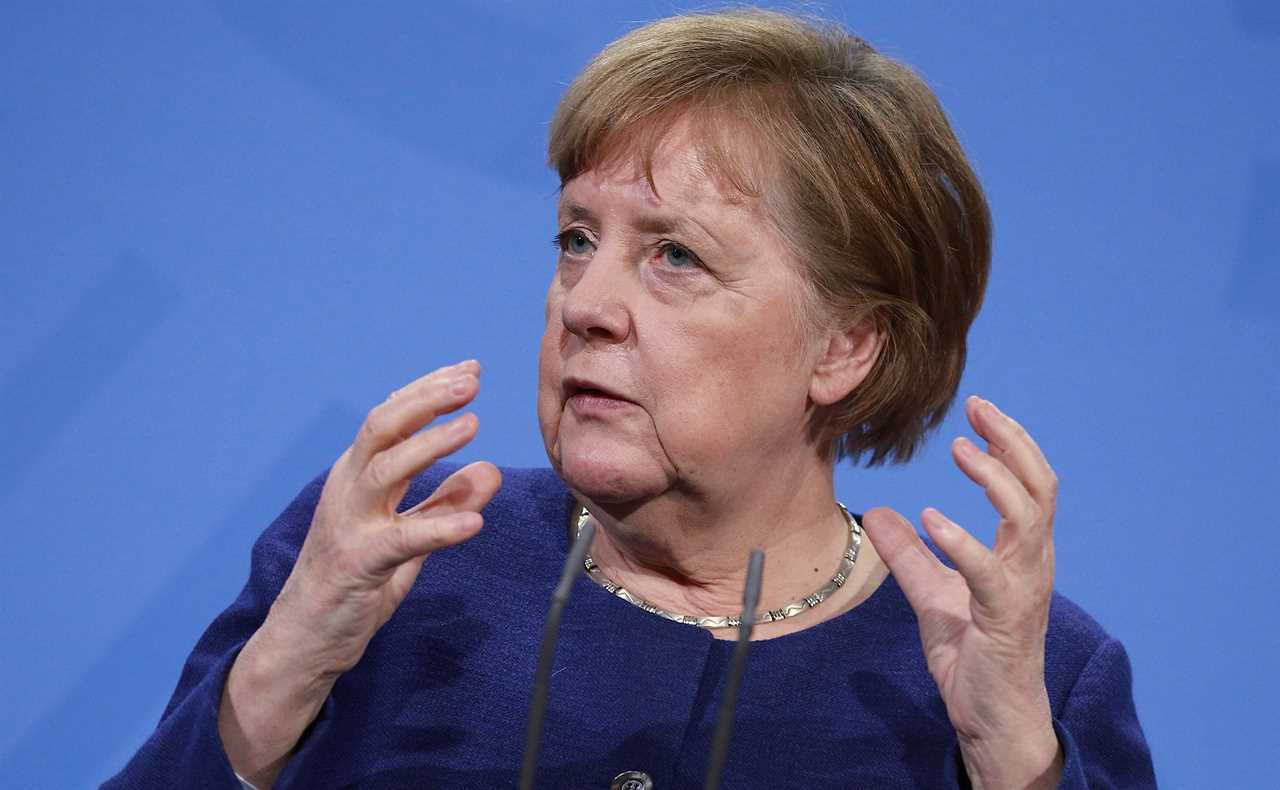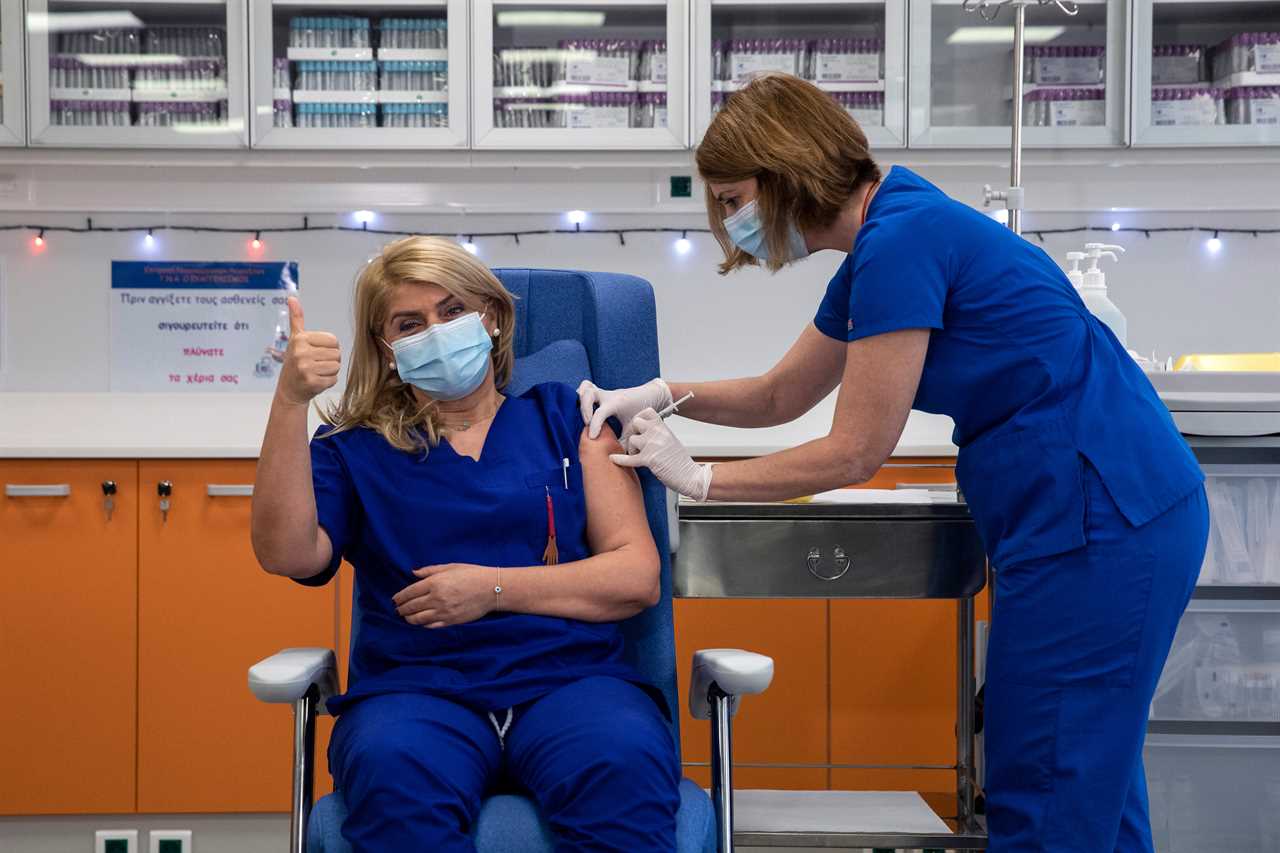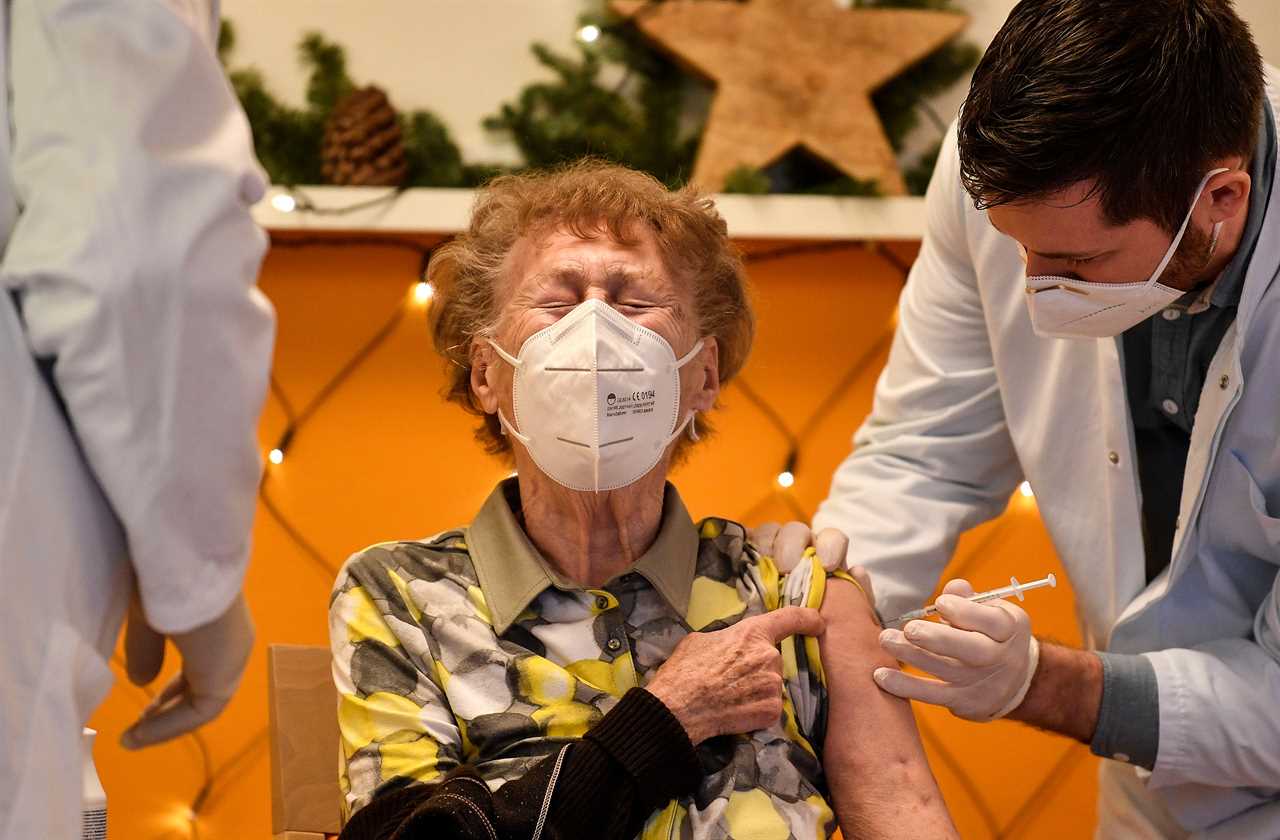COVID vaccination passports are likely to be introduced by summer, but it could take three months to create the technology for the documents.
The certificates will enable people to travel in Europe despite the coronavirus pandemic.


German Chancellor Angela Merkel said after an EU virtual summit: “Everyone agreed that we need a digital vaccination certificate.
“This will make travelling within the EU possible and could pave the way for further travel from third countries into the EU.”
However, the EU Commission would need around three months to create the technical basis for such documents.
This means the scheme may not be available by May 17 – the earliest date the British government aims to allow travel for non-essential purposes again.
Greece is already providing its citizens with a certificate after vaccination.
The country wants a scheme to allow people who have received both their Covid-19 vaccine to be able to travel freely – with Athens set to open from the start of May, The Times reports.
FREE TRAVEL
Greece’s prime minister Kyriakos Mitsotakis has urged EU leaders to find an agreement on vaccine certificates.
Spain‘s foreign secretary has called for a policy allowing vaccine certificate holders to travel without taking a Covid test.
The Commission still aims to get at least 70 per cent of adults vaccinated in the bloc by mid-September.
But so far, the total vaccinated is below 10 per cent.
European Commission President Ursula von der Leyen said she felt assured that the target would be met.
She said: “These are 255 million people in the European Union, and if we look at the planned figures, this is a goal we are confident we’ll reach.”

It comes as Angela Merkel warned a “third wave” of coronavirus infections could sweep Germany as the country struggles with the jab rollout.
Just four per cent of the German population has been immunised, compared to England’s 27.4 per cent, according to the BBC.
Responding to Germany’s reluctance to get the jab, Professor Thomas Mertens told BBC Radio 4 that there was a “problem” in rolling out the vaccine in Germany.
He said: “At the moment we have 1.4 million doses of AstraZeneca vaccine in-store and only about 240,000 doses have been given to the people, that is definitely a problem at the moment.”
He added: “We are trying to convince people to accept that vaccine and build up the trust for the vaccine within the population.
“But as you may know, there is a psychological problem too and it will take some time to reach this goal.”
Angela Merkel has said she will not take the Oxford/AstraZeneca vaccine because she is too old, despite begging residents to take the jab.
The German chancellor, 66, was asked if she would take the jab to set an example to a country where many are refusing to take the Oxford jab and 1.2million of the shots are lying unused in storage.
But Merkel told FAZ that she was not eligible because German regulators have restricted the jab to under-65s, a move which has yet to be reversed even after data from Scotland showed it is highly effective in the elderly.







